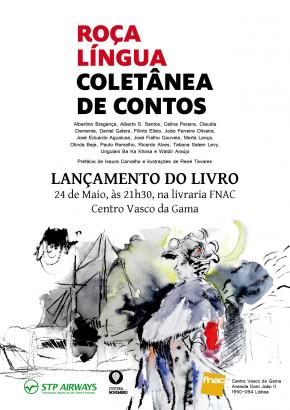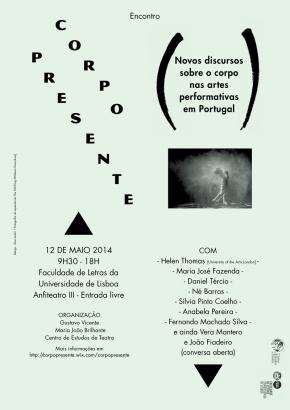14ª Edition of the Biennial of Architecture _ Island of San Giorgio Maggiore, Venice
Piccolo Teatro Hall, Fondazione Giorgio Cini
Artists: Filipa César, Suleimane Biai, René Tavares, Kwame Sousa, Kiluanji Kia Henda, Monica de Miranda, Irineu Destourelles, Tiago Correia Paulo, Filipe Branquinho and Rui Tenreiro
Curators: Beyond Entropy Africa _ Paula Nascimento and Stefano Rabolli Pansera
Special Events: 5 Jun, 10am - 12noon | Press Preview. 5 Jun, 12noon - 7pm | Vernissage

For the entire duration of the exhibition, from the 6th of June to the 6th of July, 2014 the Island of San Giorgio Maggiore will virtually become “Ilha de São Jorge”, an extra-territorial island featuring the five Portuguese speaking African Republics: Angola, Cape Verde, Guinea-Bissau, Mozambique and São Tomé and Príncipe.
The proposal extends the research started with “Beyond Entropy Angola” (2012) and“Luanda, Encyclopedic City” (2013) while enriching the specific theme of the 2014 Architecture Biennale: “Absorbing Modernity: 1914-2014”.
Beyond Entropy engages with the way modernity was conceived, developed, built, dwelled, absorbed, rejected in these countries and produces a model of urban conditions that may set new perspectives on urban development and architectural discourse in these regions.
The legacy of Portuguese empire building pervades the Postcolonial discourse that attempts to explain the development of the modern nation state in Portuguese speaking Africa. It is with this historical and linguistic connection in mind that Ilha de São Jorge is thematically and structurally created. Although geographically distant, these countries share a heritage with each other and with Portugal the cities and urban forms are a result of methods, techniques and procedures that can be linked with a common historical past tied to a Portuguese matrix yet deeply related to specifics of geography, culture and traditions. This shared Postcolonial heritage makes it relevant to develop a coherent discourse on the similar ways these countries have declined or absorbed modernist architecture. Placing the architectural discourse together for the first time, not only highlights their connections with Portugal, but more importantly, it highlights the internal connections, always invisible, that contributed to the development of a modernist discourse.
With “Uma Cabana”, Filipa César and Suleimane Biai explore the concept of shelter in Guinea - Bissau as a historical, political and cultural fulcrum of society. The film “Concrete Affection” by Kiluanji Kia Henda is inspired by the book by Polish writer Ryszard Kapuściński “Another Day of Life”, 1975. Kia Henda investigates the emptiness of the city after the departure of the Portuguese, bringing into limelight the unique architecture of Luanda. The video by Monica de Miranda entitled “Hotel Globo” tells the story of the Angolan diaspora while focusing on a Modernist hotel in the centre of Luanda. With “Mionga House”, artists René Tavares and Kwame Sousa explore the characteristics of the community of the southern island of São Tomé. Irineu Destourelles’s project seeks to develop the relationship between the constantly evolving socio-cultural matrix, the built heritage and organization of the contemporary urban fabric in the city of Mindelo, Cape Verde. The films composing “Journey to The Centre of Capricorn” by Tiago Correira-Paulo, Filipe Branquinho and Rui Tenreiro propose a surreal reading of contemporary architecture in the city of Maputo, Mozambique.
The publication, edited by Ana Vaz Milheiro and Stefano Serventi, follows the same thematic thread of the exhibition. Divided in five sections (Objects, Buildings, Cities, Landscape and Visions), the publication includes creative texts, images and academic studies by architects, researchers and artists that accompany the exhibition and enrich its curatorial mission.

 O livro Roça Língua é uma homenagem à língua portuguesa que reúne contos de vários autores de língua portuguesa e é apresentado esta noite por Abílio Neto, às 21h na FNAC Vasco da Gama, em Lisboa.
O livro Roça Língua é uma homenagem à língua portuguesa que reúne contos de vários autores de língua portuguesa e é apresentado esta noite por Abílio Neto, às 21h na FNAC Vasco da Gama, em Lisboa.
